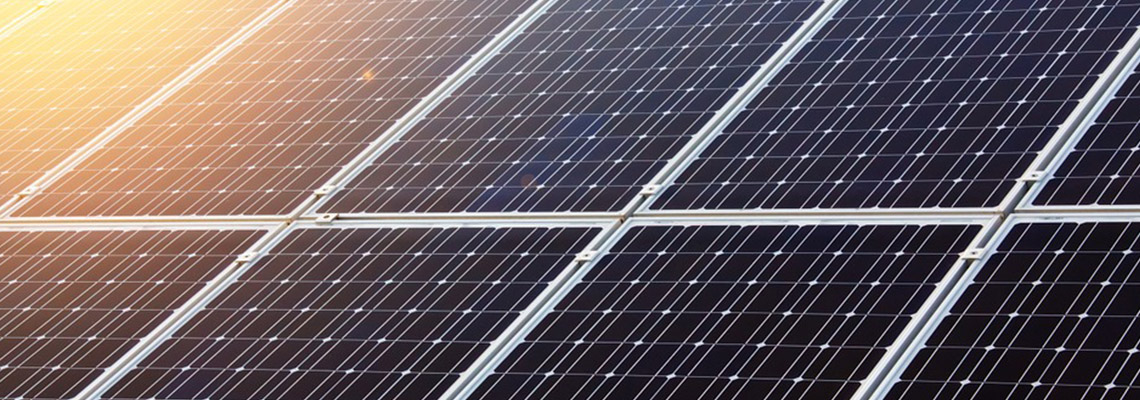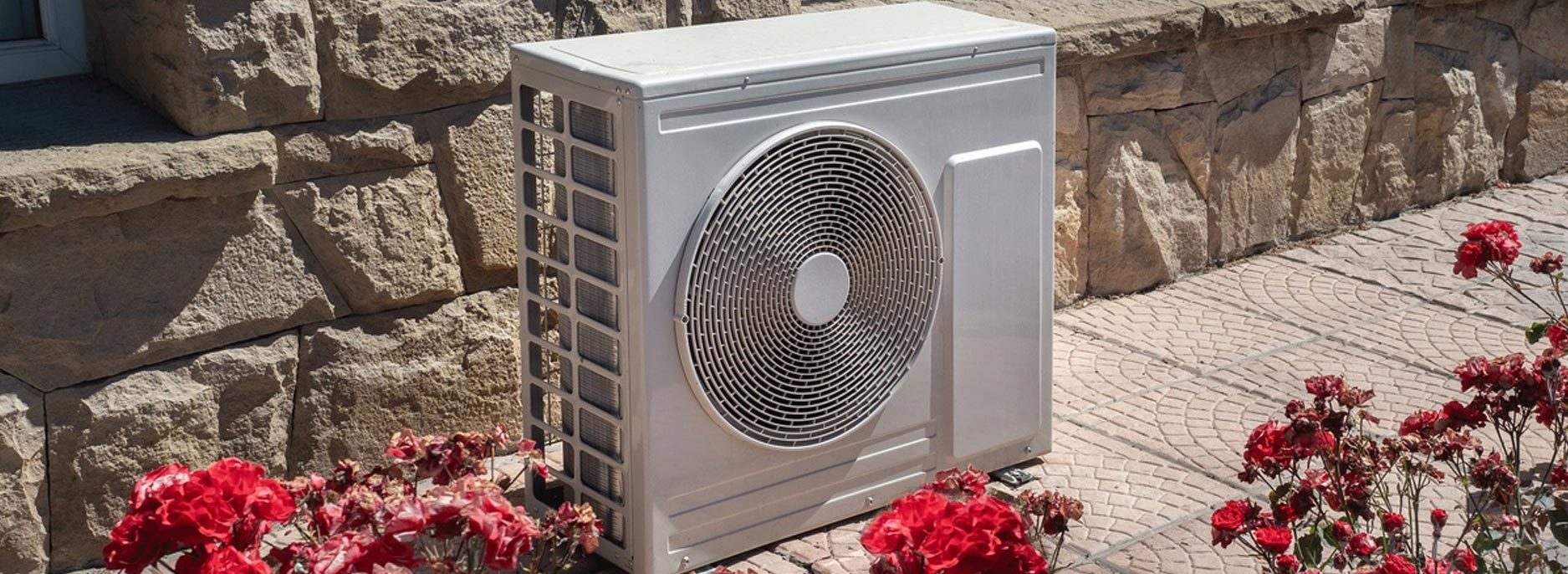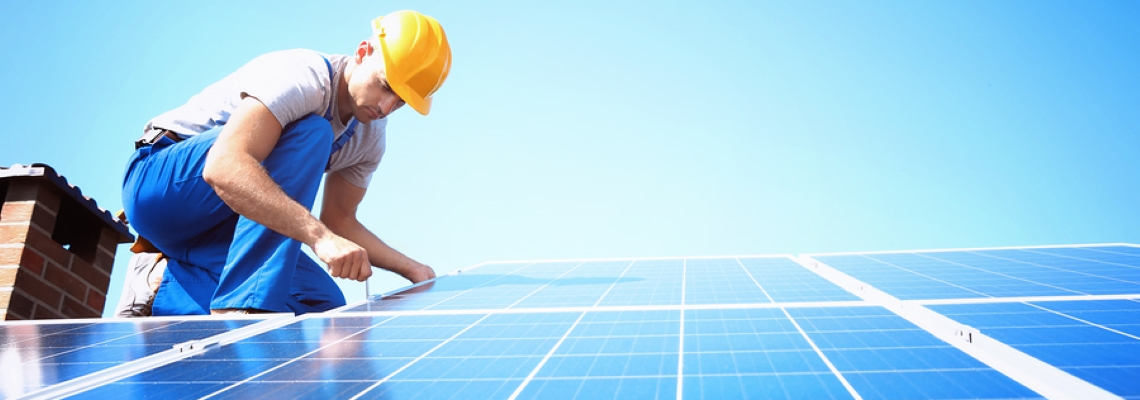This month the industry has been hit with news about cuts to renewable obligation support and the closure of the Green Deal. We rounded up the most important information for installers on the changes to the Green Deal, solar subsidies and Renewable Heat Incentive.
The end of Green Deal funding
On 23 July 2015, the Secretary of State for Energy and Climate Change Amber Rudd announced that the government would cease funding for the Green Deal. This decision was made due to the programmes low take up and concerns over industry standards. The Green Deal was originally set up back in 2013 and has installed over 27,000 energy efficiency measures in homes across England and Wales.
This decision means there will be no more funding for the Green Deal Finance Company and also no future releases of the Green Deal Home Improvement Fund. The Department of Energy and Climate Change (DECC) did however clarify that any Green Deal plans currently in place will not be affected by the decision:
- Households paying off Green Deal loans through their electricity bills will need to continue doing so.
- Existing applications for the Home Improvement Fund will also be unaffected but still need to be submitted on or before the voucher expiry date.
Gov.uk recommends contacting the Green Deal provider you are working with for updates on the status of any planned installations you might have.
The Energy Company Obligation (ECO) will not be affected by these changes and is currently set to continue until its closure in March 2017. There has been no announcement about any programmes being launched to replace the Green Deal, however DECC has stated that the government is working on a new value for money approach. Further information can be found on the DECC blog.
Feed-in Tariff cuts for solar farms
July saw announcements that DECC will end the subsidies available for solar farms below 5MW from 1 April 2016. These cuts are being made because of an ‘over-allocation of renewable subsidies’ and the government believes the change is important to protect taxpayers.
Currently, no plans have been announced by DECC to end the Feed-in Tariff for small scale domestic rooftop solar installations. This is good news for solar installers as the FiT is one of the biggest selling points for homeowners, allowing them to generate income from both the generation and export tariffs.
Full details of the cuts to solar subsidies can be found through GOV.UK.
Changes to the Non- Domestic Renewable Heat Incentive
On 6 July 2015 the Renewable Heat Incentive also saw updates announced. From 5 October 2015 new criteria will be in play for non-domestic installations using ‘biomass and biogas fuels, and producers of biomethane under the Renewable Heat Incentive’. From this date customers must use fuels that meet the criteria in order to continue receiving RHI payments. These changes will apply to non-domestic installations, and will likely not directly affect installers. Ofgem has published further information on these RHI criteria changes which includes details on any alterations made to grandfathering.
Visit our installer information page to learn more about the qualified sales leads Boiler Guide can provide for ECO boiler grants and domestic solar installations.





